Following Data Science Workshop on Thursday, December 5th (Read more: Practical Application of Data Science: Professor Natalie Pang Tracks Major Incidents in Real-time), Taiwan Institute for Governance and Communication Research (TIGCR) and College of Communication invited Professor Natalie Pang from National University of Singapore to hold another workshop, with the topic “Qualitative Analysis with NVivo”. It’s our privilege to have Associate Professor Kuo-Feng Tseng host this workshop.
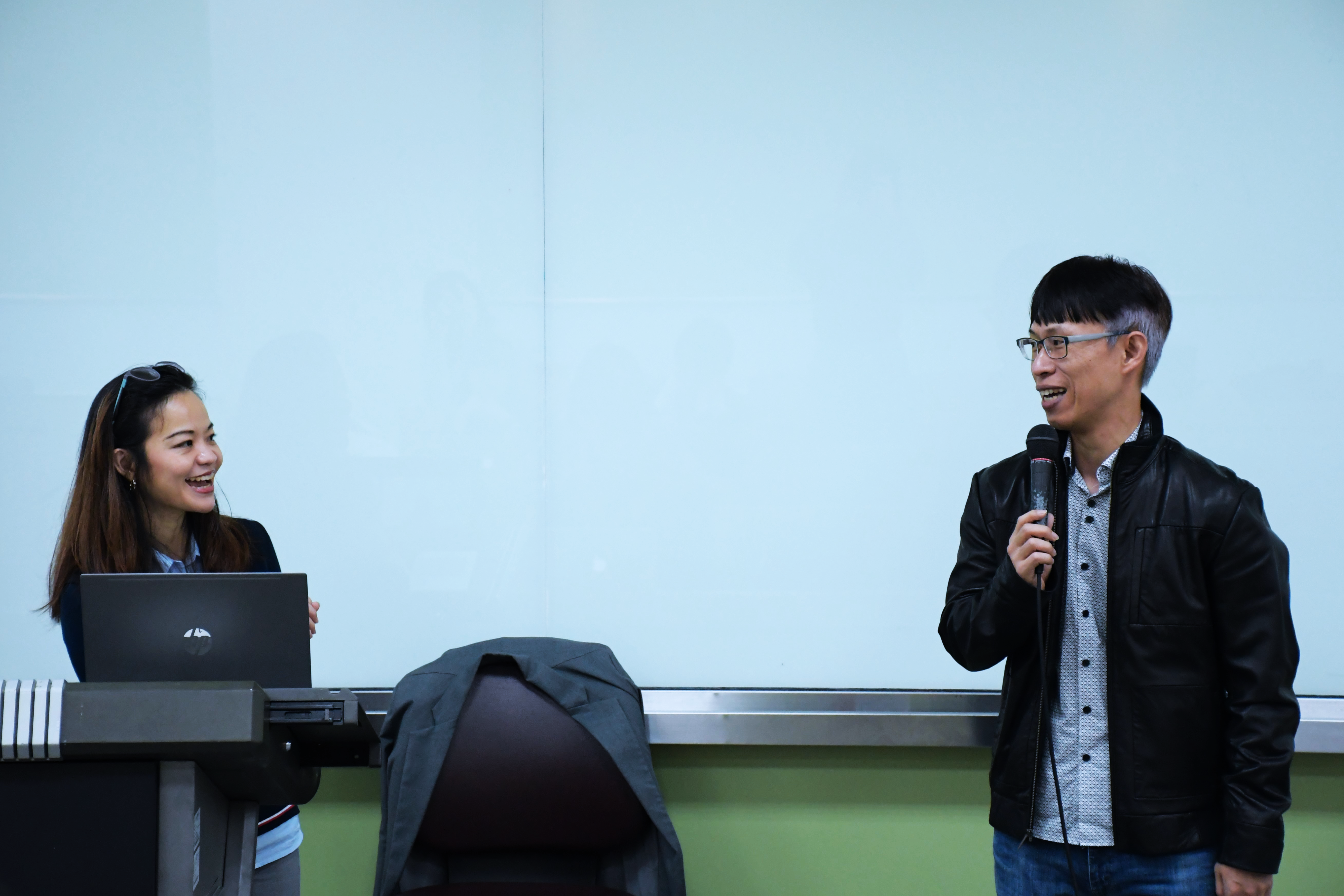
Professor Tseng introduced the workshop
(Photo credit: TIGCR)
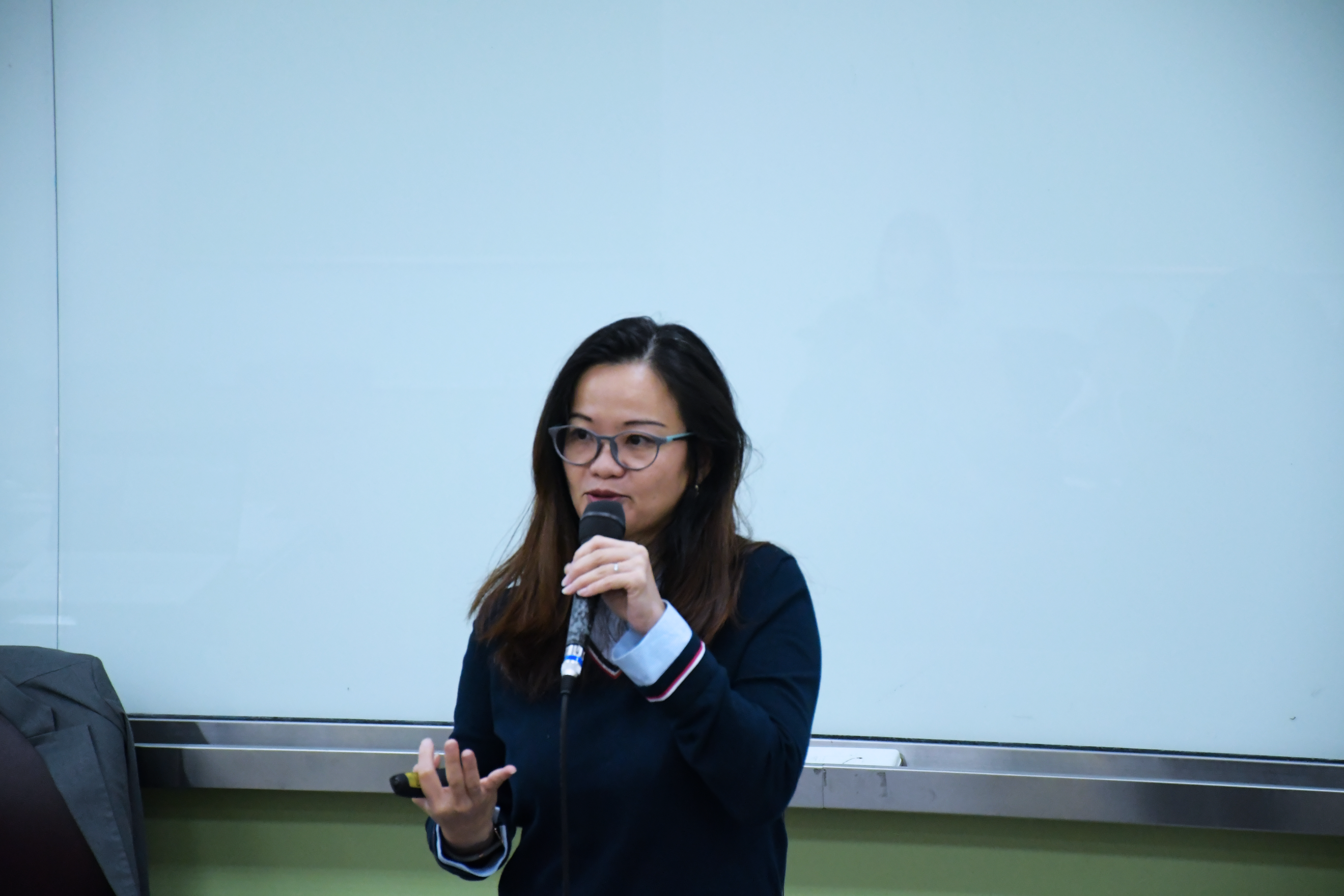
Professor Pang introduced qualitative research
(Photo credit: TIGCR)
Professor Natalie Pang first introduced qualitative research. Qualitative research contains rich and flexible research methods, so qualitative data depends on the interpretation of researchers. The research approach focusing on quality and quantity becomes more and more important. However, this mixed-way approach is criticized heavily for the reference of paradigm, underlying philosophy and the rising need of research. What’s more, whether this approach can answer research questions remains in doubt. Speaking of the implementation of qualitative research, Professor Pang reminded students of data-collecting process and the related issues that they need to be aware of. Then, she shared her research experiences on farm women in Australia. Based on words, oral history, videos and photos, she shaped collective memories by building personal knowledge.
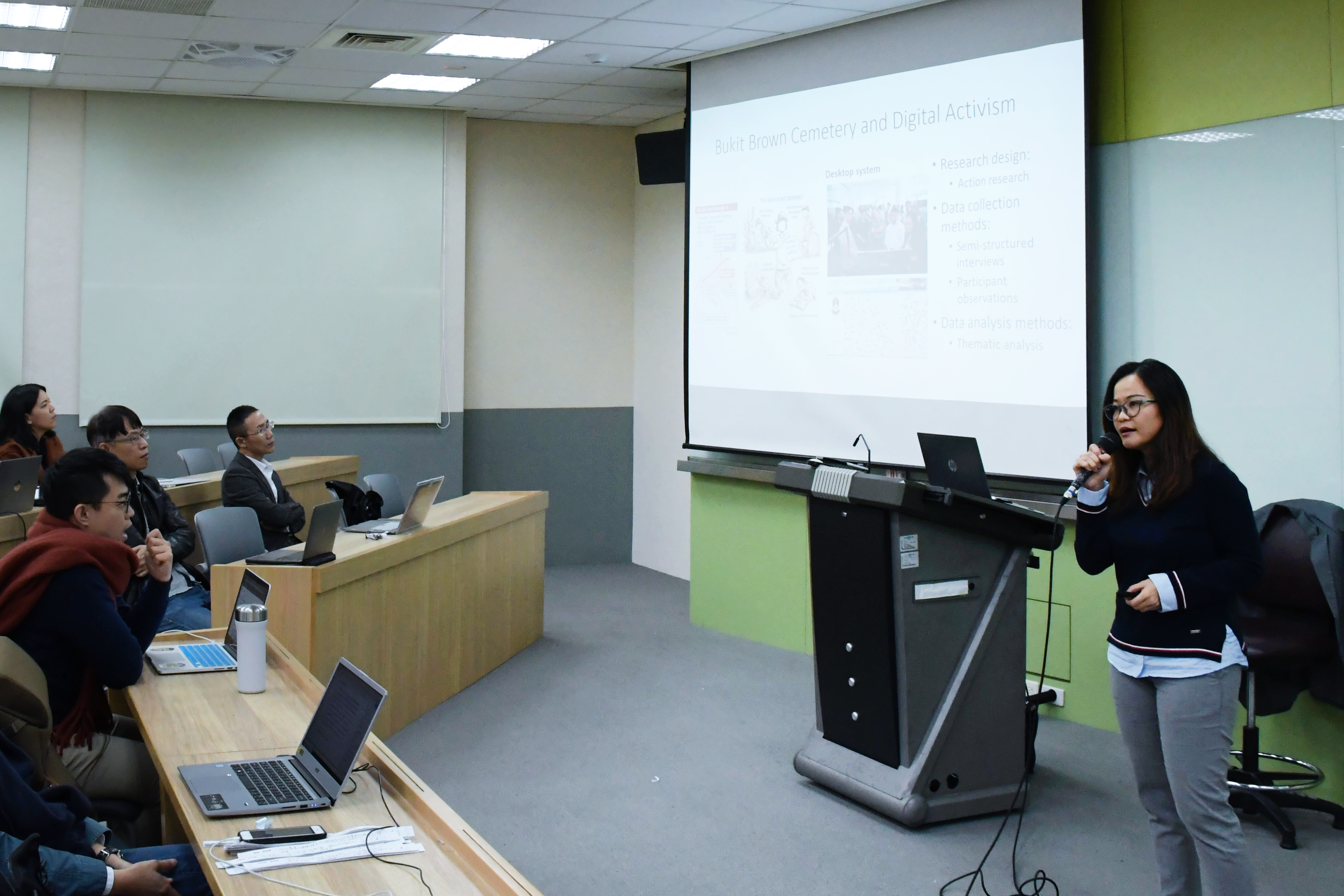
Professor Pang shared her research experiences on farm women in Australia
(Photo credit: TIGCR)
Software NVivo can assist researchers to handle documents, voices, videos and photos. This workshop began with learning multiple coding ways. Professor Pang advised that after editing codebook, we should be flexible to modify codebook and theories when reviewing collected data. She used her data to illustrate the way and process of coding. In addition, reliability and validity are crucial as well. There is no uniform standard to analyze in qualitative research, so it is essential to find out suitable standards. She pointed out that triangulation strategy and inter-coder reliability are viable alternatives.
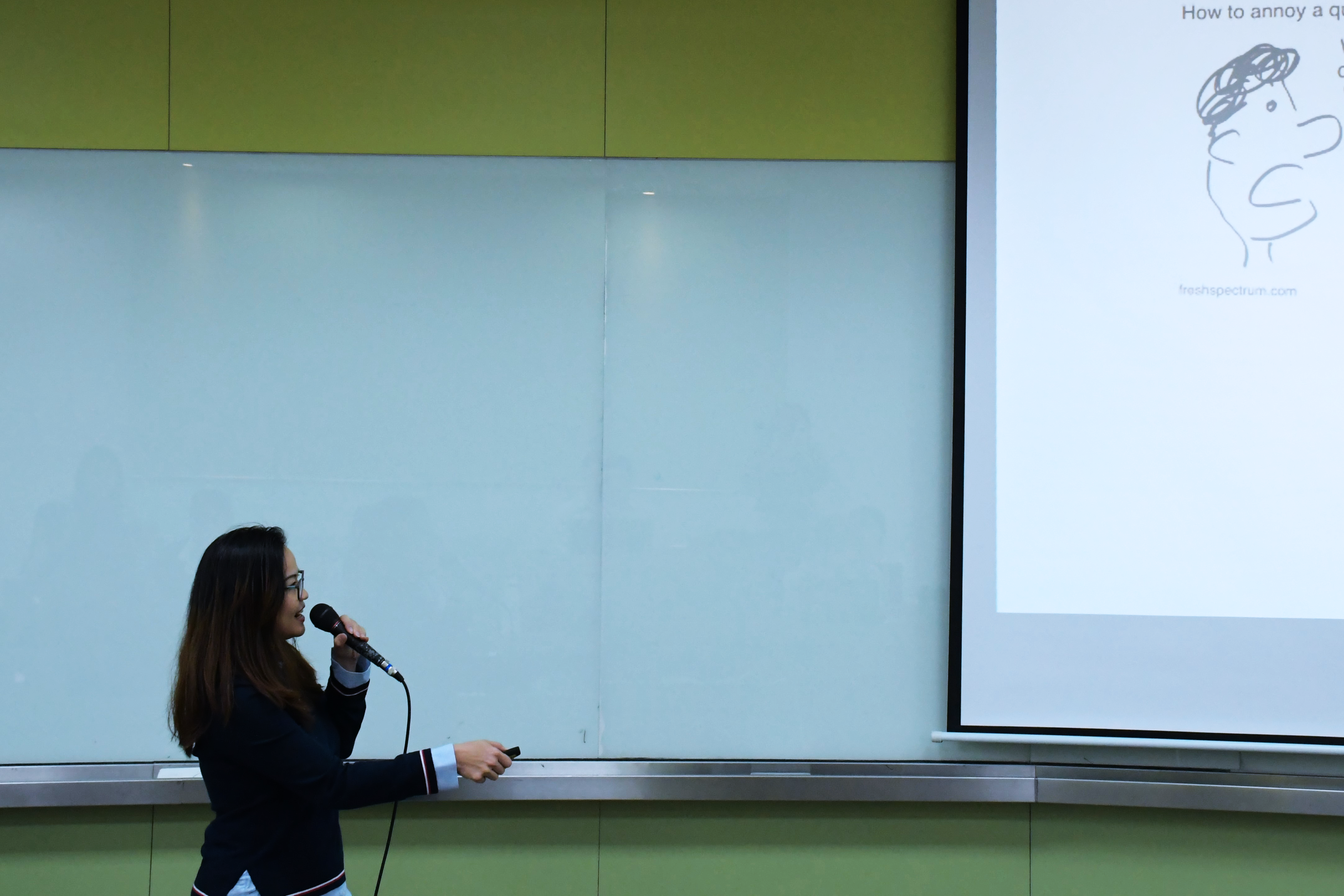
Professor Pang demonstrated the software function
(Photo credit: TIGCR)
Next, Professor Pang demonstrated how to make use of NCapture function to attain data on Twitter, including tweet contents, tweet time, tweet type (retweet or tweet), social network, number of retweet, hashtag, location and number of followers. The data can be utilized on research analysis, it can also be combined with maps and graphs. As for facebook data, we can only obtain public webpages and articles due to the privacy settings of posts and users. According to Professor Pang, privacy settings of social platforms differ; therefore, NCapture cannot be applied to every of them.
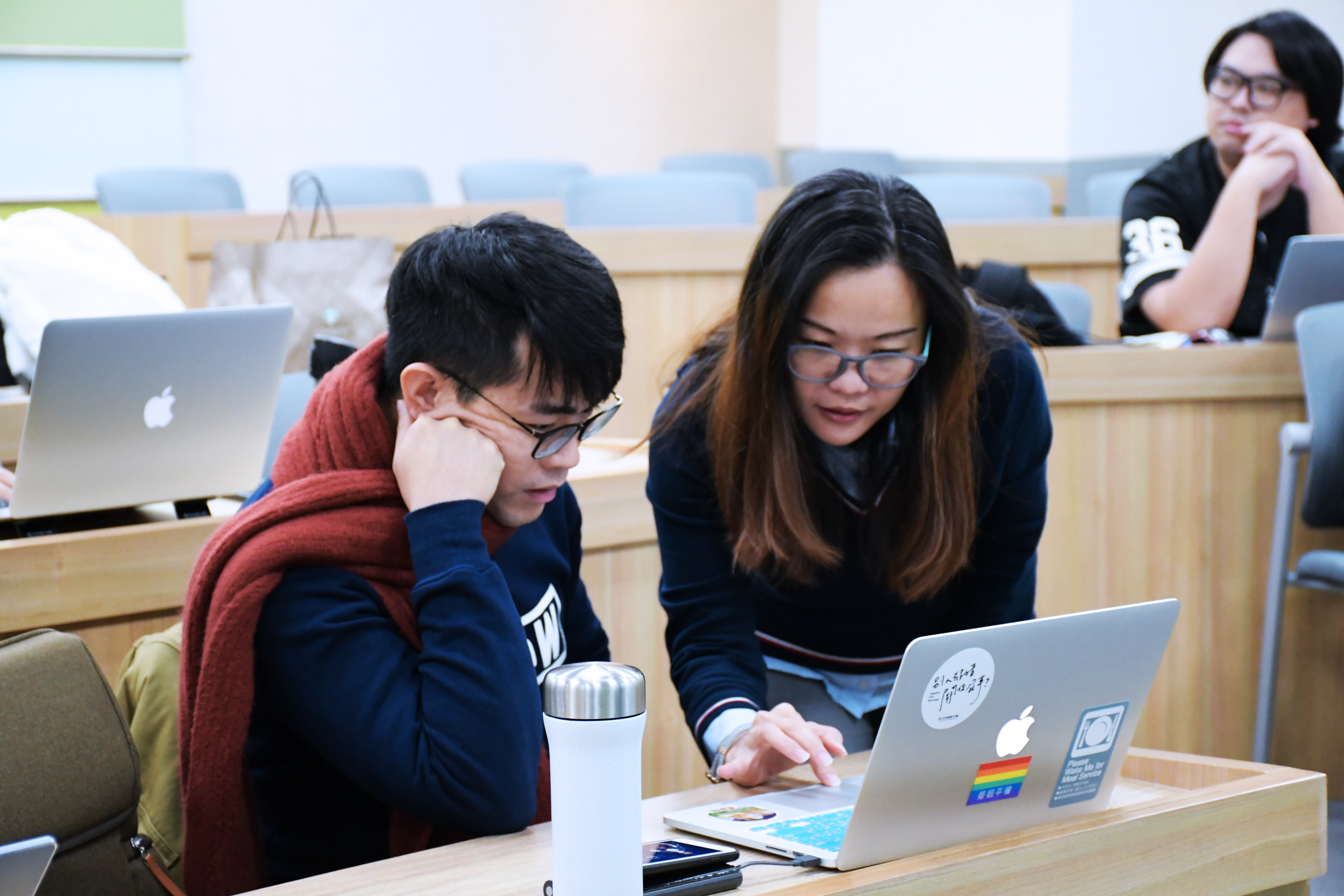
Professor Pang demonstrated the software function
(Photo credit: TIGCR)
Finally, she emphasized qualitative and quantitative analysis are important research approaches. We should choose either of them based on research questions. Attendees benefited a great deal from this workshop.
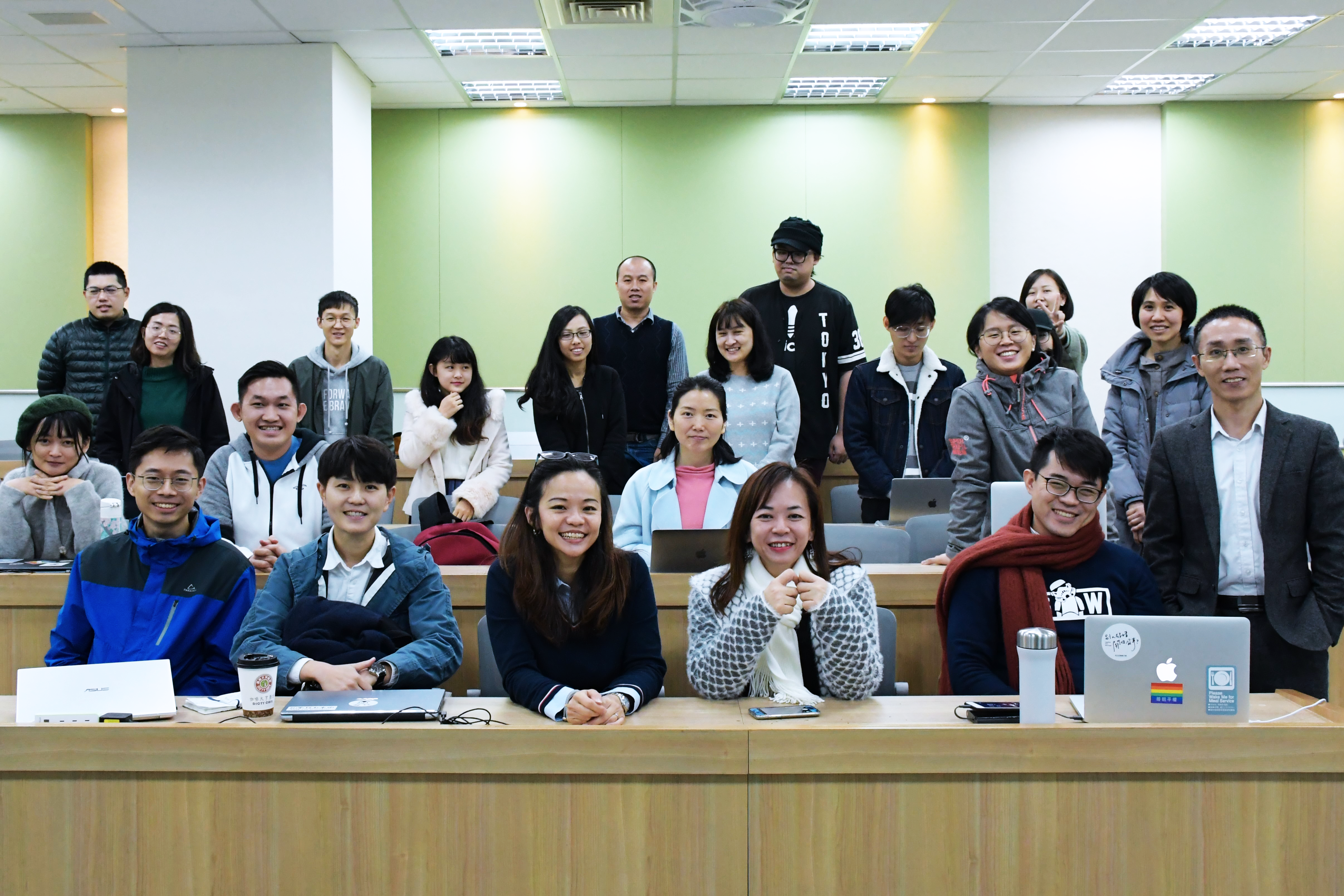
Group photo after the workshop
(Photo credit: TIGCR)





